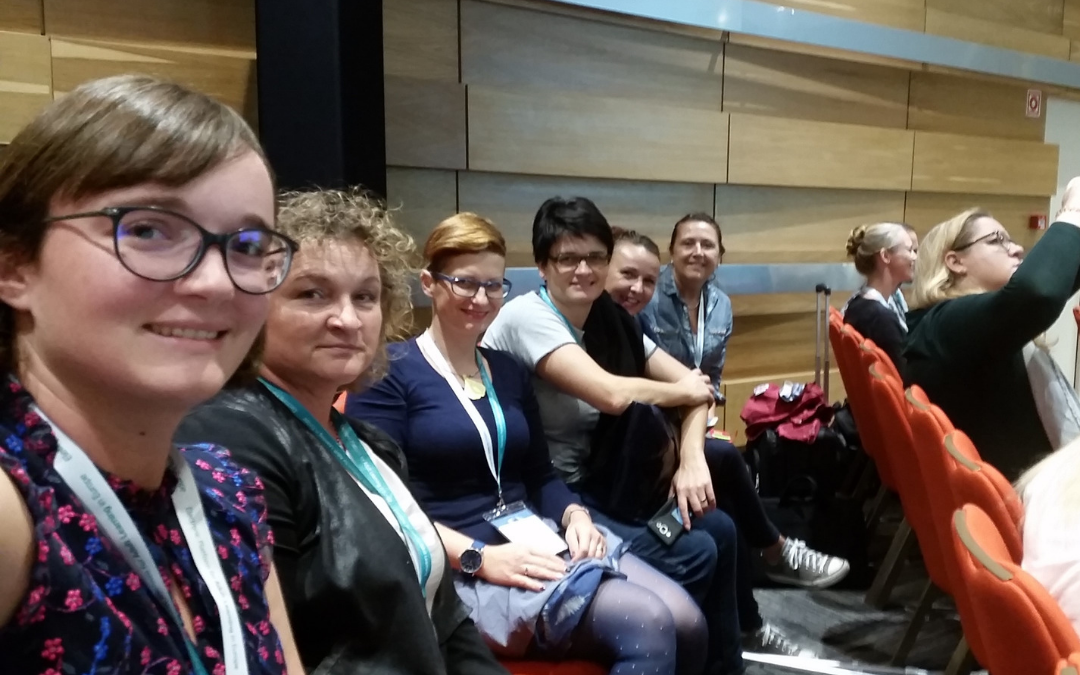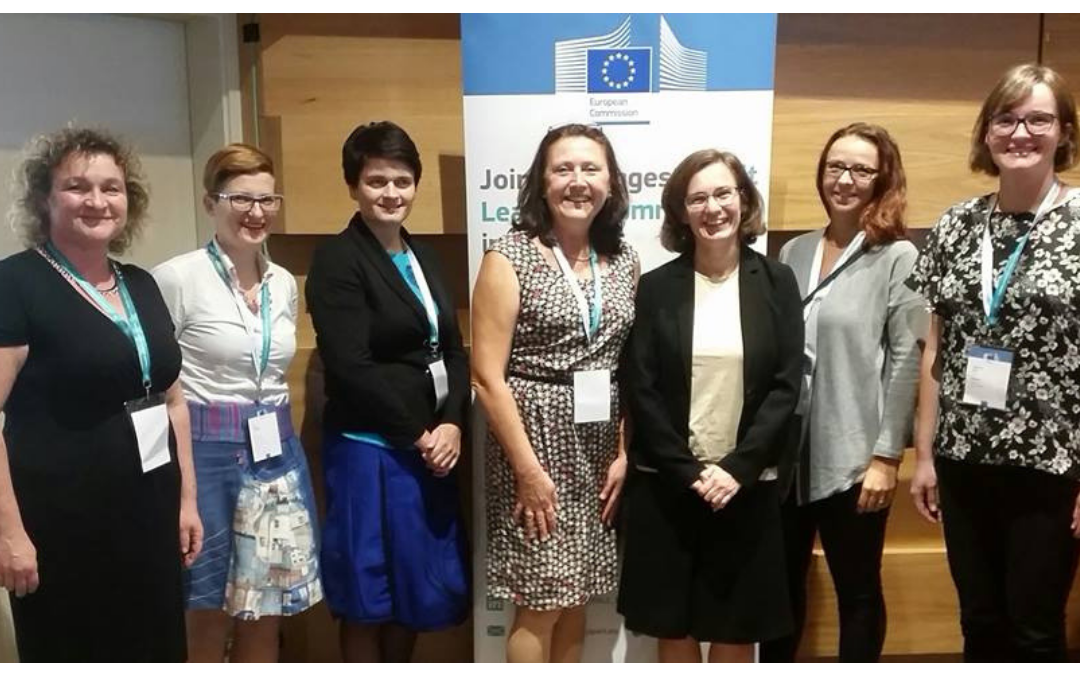Together with representatives of the EPALE national and Central support service, adult educators, EPALE ambassadors, policy-makers and other stakeholders from all over Europe, there were more than 230 of us that gathered in Budapest on 15 and 16 October. Members of the EPALE group from Slovenia that functions under the auspices of CMEPIUS visited the event with the illustrious title Growing together – fostering an inspiring adult learning community. Many topics were covered, and there were many opportunities for interaction as well.
The conference had two key thematic highlights. The first concerned the European adult education policy after the year 2020 and its co-financing, while the other concerned further implementation of the EPALE platform. This is already a central virtual environment for the exchange of information, news, resources and opinions in the European Community of educators of adults and other interested parties, and it will become much more in the future.
EU Adult Education Policy Will Soon Obtain New Development Impulses.
European education policy, its current circumstances and plans for the future were presented by Dana Bachmann, the head of a European Commission unit, which is, among others, also competent for adult education. She emphasized the importance of national coordination of the implementation of the European Agenda for Adult Learning (EAAL) and recommendations for Upskilling Pathways – New Opportunities for Adults. In Slovenia, the efforts for EPALE and EAAL are closely linked, therefore we were pleased with the confirmation of this policy. We live in times of change when the strategies set for 2020 are running out, and in the following year the leadership of European Commission will also change. With the aim to continue to contribute to the establishment of a common European education area in the future, they make great efforts to form a new vision for adult education and learning after the year 2020 at the level of EC. They also invited us, the EPALE Conference participants, to participate. According to Bachmann, the political will to enforce our areas of work exists, however effective action at all levels is required. We discussed in working groups how to encourage it in various conceptual fields. I personally participated in a group for validation of previously acquired knowledge, in which we recognized EPALE as a suitable space for the exchange of successful practice cases.
In three years of operation, EPALE confirmed its role.
There was also a panel discussion on how EPALE can support events in the field of adult education in the future, while the Central support service spoke about new functional dimensions of the platform. Efforts in cooperation with the European Basic Skills Network (EBSN), for example, bring a common learning space EPALE, where we as an adult education community will be able to gain and upgrade our competences. The platform will be generously supported also in the future.
The second conference day was fully dedicated to the future of EPALE. The platform has flourished in three years, it has gained more than 45,000 members and thus find its place on the European level as well as in the individual member states of the EU. How to proceed? We listen to the presentations of national support services from Poland and Malta to be inspired. In both cases, they used different, modern approaches to promote not only the use of the platform, but the education of adults in general, successful learning, different events and other aspects.
Afterwards, the six working groups discussed innovative ideas and platform development in the coming years, when its existing functionalities should be reinforced and exceeded. I participated in a group, in which they presented the options of the eTwinning platform in the case of Hungary. It could set an example of enforcing EPALE as the virtual space for project collaboration. The idea is interesting, but the members of the team stressed technical deficiencies of the app, which is hosted on the EC server. The organisers – Hungarian National Support Service for EPALE and the competent body of the EC – received similar feedback from other working groups. The EC representatives promised to take them into account to the greatest extent possible.
Zvonka Pangerc Pahernik, MSc (zvonka.pangerc@acs.si), SIAE


